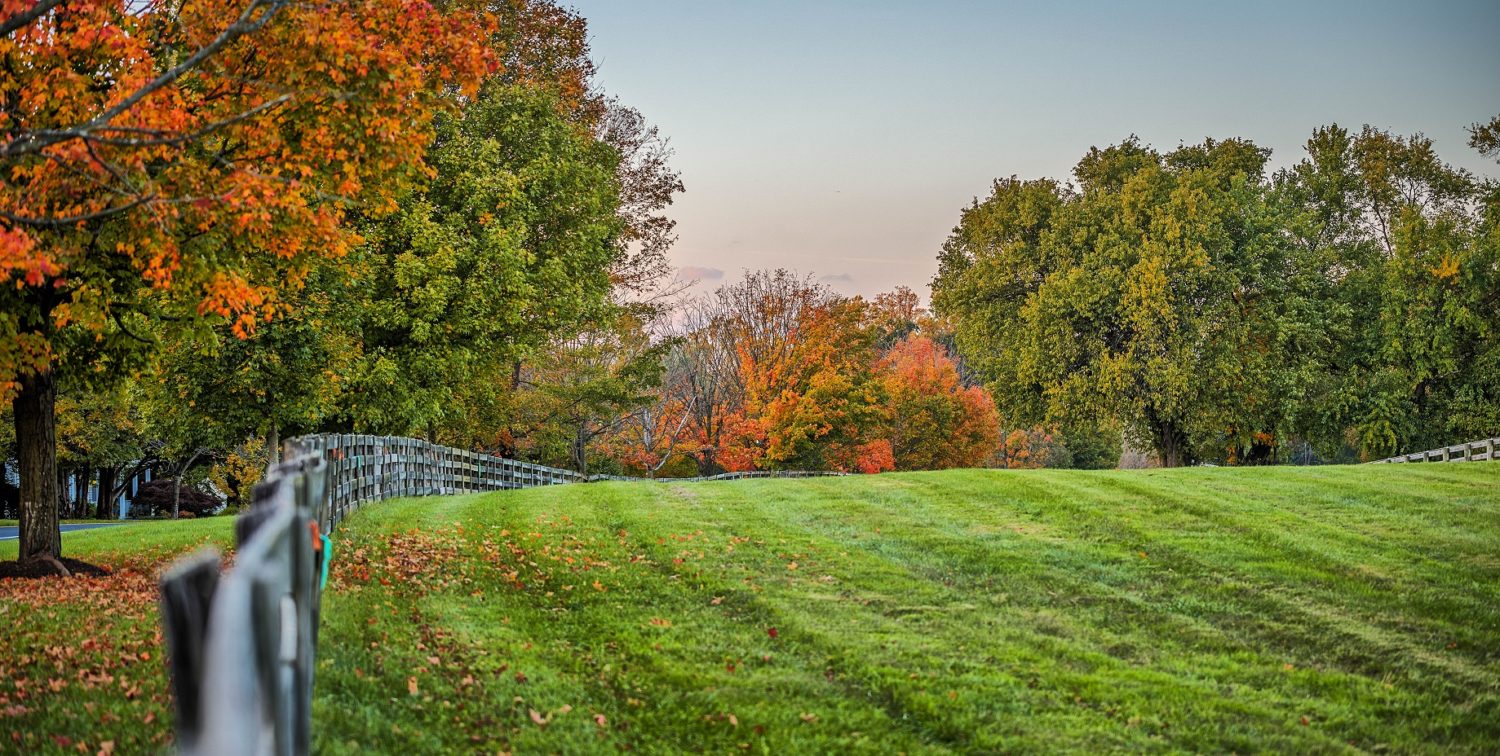Absent prepayment, funeral homes require next-of-kin to agree to cremation for recently-departed loved-ones (“decedents”) who have indicated a preference for the process in their wills.
If the decedent was married at the time of death, the surviving spouse can authorize cremation. If the decedent was unmarried but had children, the children must unanimously agree to a cremation. And, if the decedent was unmarried and without children, then the next-of-kin might be nieces, nephews, or more remote relatives, like first or second cousins.
Funeral homes require the signatures to protect themselves from potential lawsuits because they can never reverse a decedent’s cremation. If the decedent did not plan cremation in advance, relatives must be found and convinced to agree and sign the required consent form. If a relative refuses, a decedent’s wish for cremation may not be honored. In one case, we had a client whose relative could not be located for quite some time because she lived on a boat and was sailing from one port to the next. In another case, we had to delay cremation because a relative did not want to interrupt a vacation to issue the necessary consent. In both cases, the clients’ wishes were ultimately honored, but the delays were costly for the rest of the family, financially and emotionally.
I strongly urge my single clients who desire cremation – whether widowed, divorced, or never married – to prepay and sign their funeral homes’ waivers. That way, their wishes are honored and cremation can occur expeditiously after death without locating distant, and sometimes uncooperative, relatives.

